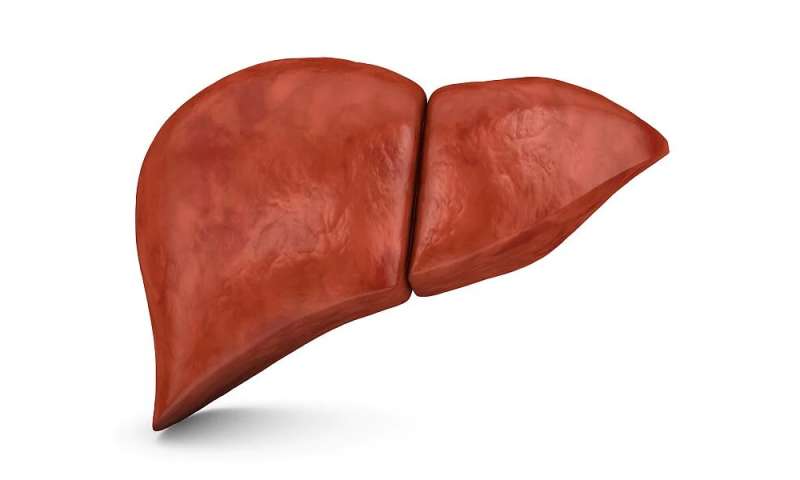Nonalcoholic steatohepatitis will pose clinical, economic burden

Nonalcoholic steatohepatitis (NASH) is expected to pose a significant clinical and economic burden during the next 20 years for U.S. patients with type 2 diabetes mellitus (T2DM), according to a study published online Jan. 6 in Diabetes Care.
Zobair M. Younossi, M.D., from Inova Health System in Falls Church, Virginia, and colleagues developed a model to estimate the economic burden of NASH with T2DM in the United States. The model included the prevalence of T2DM, prevalence and incidence of NASH in 2017, and 10 health states (nonalcoholic fatty liver disease [NAFLD], NASH-fibrosis stages 0 to 3, compensated and decompensated cirrhosis, hepatocellular carcinoma, one-year post-liver transplant, post-liver transplant, and three absorbing mortality states [liver-related, cardiovascular, and background mortality]). The literature and billing codes informed costs for NASH and T2DM.
The researchers estimated there are 18.2 million people in the United States living with T2DM and NAFLD, 6.4 million of whom have NASH. Among patients with NASH, estimated 20-year costs for NAFLD were $55.8 billion. NASH with T2DM is projected to account for 65,000 transplants, 1.37 million cardiovascular-related deaths, and 812,000 liver-related deaths in the United States during the next 20 years.
“It is critical that clinicians, payers, policy makers, and the pharmaceutical industry not only understand the clinical burden of NASH in patients with T2DM but also their economic and patient-reported outcomes burden,” the authors write.
Source: Read Full Article



